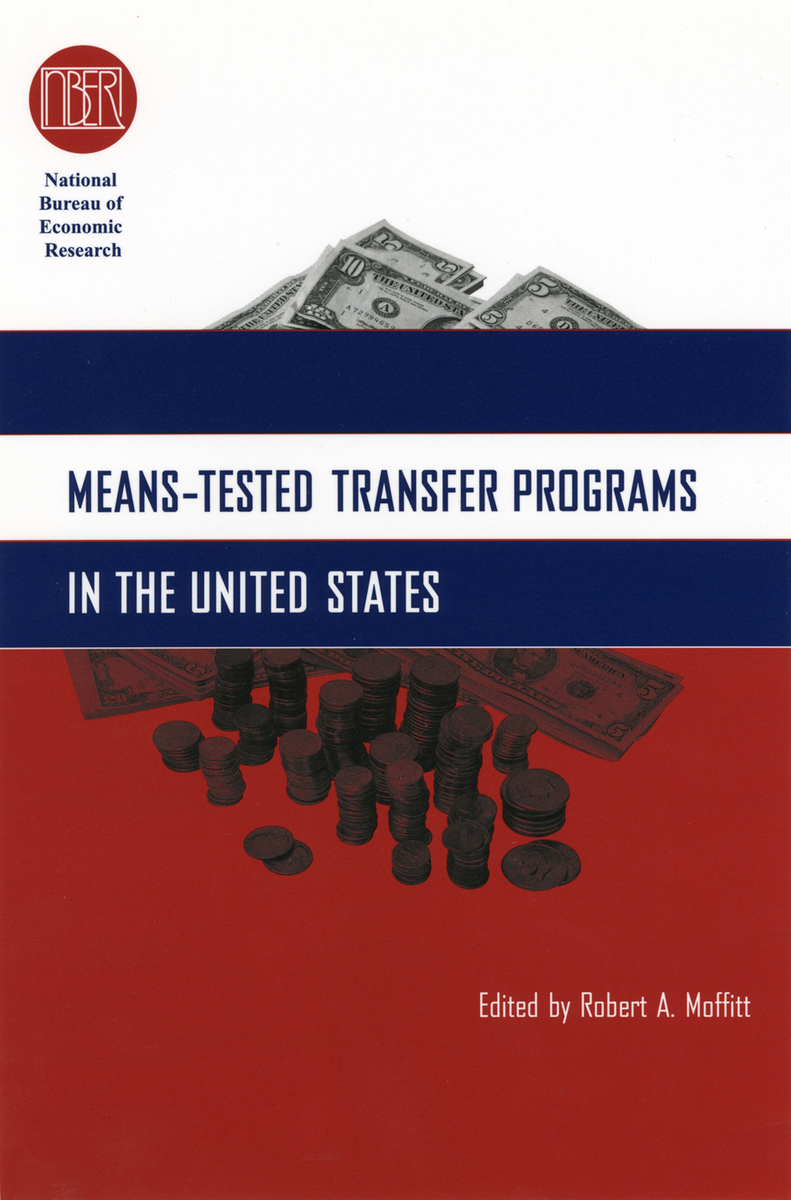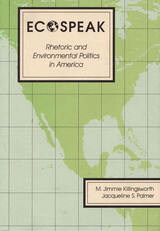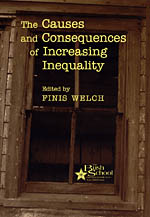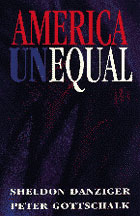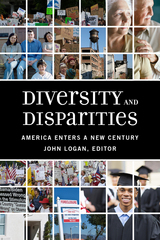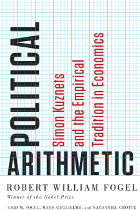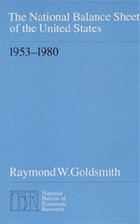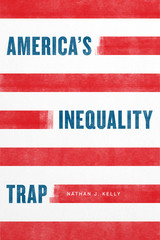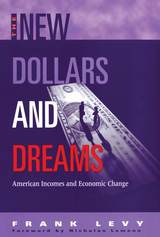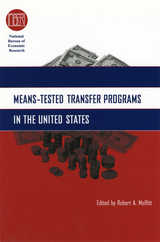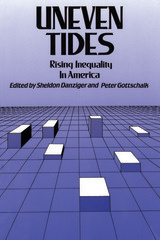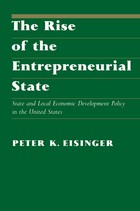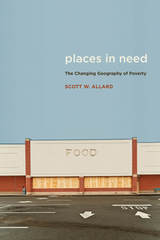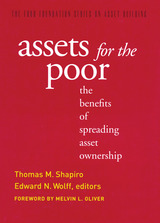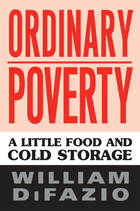Means-Tested Transfer Programs in the United States
University of Chicago Press, 2003
eISBN: 978-0-226-53357-5 | Cloth: 978-0-226-53356-8
Library of Congress Classification HC110.I5M378 2003
Dewey Decimal Classification 362.582
eISBN: 978-0-226-53357-5 | Cloth: 978-0-226-53356-8
Library of Congress Classification HC110.I5M378 2003
Dewey Decimal Classification 362.582
ABOUT THIS BOOK | AUTHOR BIOGRAPHY | TOC | REQUEST ACCESSIBLE FILE
ABOUT THIS BOOK
Few United States government programs are as controversial as those designed to aid the poor. From tax credits to medical assistance, aid to needy families is surrounded by debate—on what benefits should be offered, what forms they should take, and how they should be administered. The past few decades, in fact, have seen this debate lead to broad transformations of aid programs themselves, with Aid to Families with Dependent Children replaced by Temporary Assistance to Needy Families, the Earned Income Tax Credit growing from a minor program to one of the most important for low-income families, and Medicaid greatly expanding its eligibility.
This volume provides a remarkable overview of how such programs actually work, offering an impressive wealth of information on the nation's nine largest "means-tested" programs—that is, those in which some test of income forms the basis for participation. For each program, contributors describe origins and goals, summarize policy histories and current rules, and discuss the recipient's characteristics as well as the different types of benefits they receive. Each chapter then provides an overview of scholarly research on each program, bringing together the results of the field's most rigorous statistical examinations.
The result is a fascinating portrayal of the evolution and current state of means-tested programs, one that charts a number of shifts in emphasis—the decline of cash assistance, for instance, and the increasing emphasis on work. This exemplary portrait of the nation's safety net will be an invaluable reference for anyone interested in American social policy.
This volume provides a remarkable overview of how such programs actually work, offering an impressive wealth of information on the nation's nine largest "means-tested" programs—that is, those in which some test of income forms the basis for participation. For each program, contributors describe origins and goals, summarize policy histories and current rules, and discuss the recipient's characteristics as well as the different types of benefits they receive. Each chapter then provides an overview of scholarly research on each program, bringing together the results of the field's most rigorous statistical examinations.
The result is a fascinating portrayal of the evolution and current state of means-tested programs, one that charts a number of shifts in emphasis—the decline of cash assistance, for instance, and the increasing emphasis on work. This exemplary portrait of the nation's safety net will be an invaluable reference for anyone interested in American social policy.
See other books on: Congresses | Income maintenance programs | Means - Tested Transfer Programs | Moffitt, Robert A. | Public welfare
See other titles from University of Chicago Press
